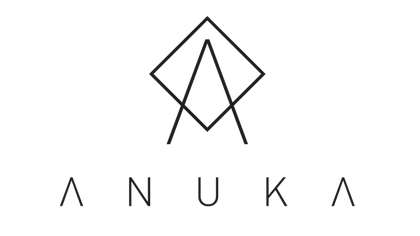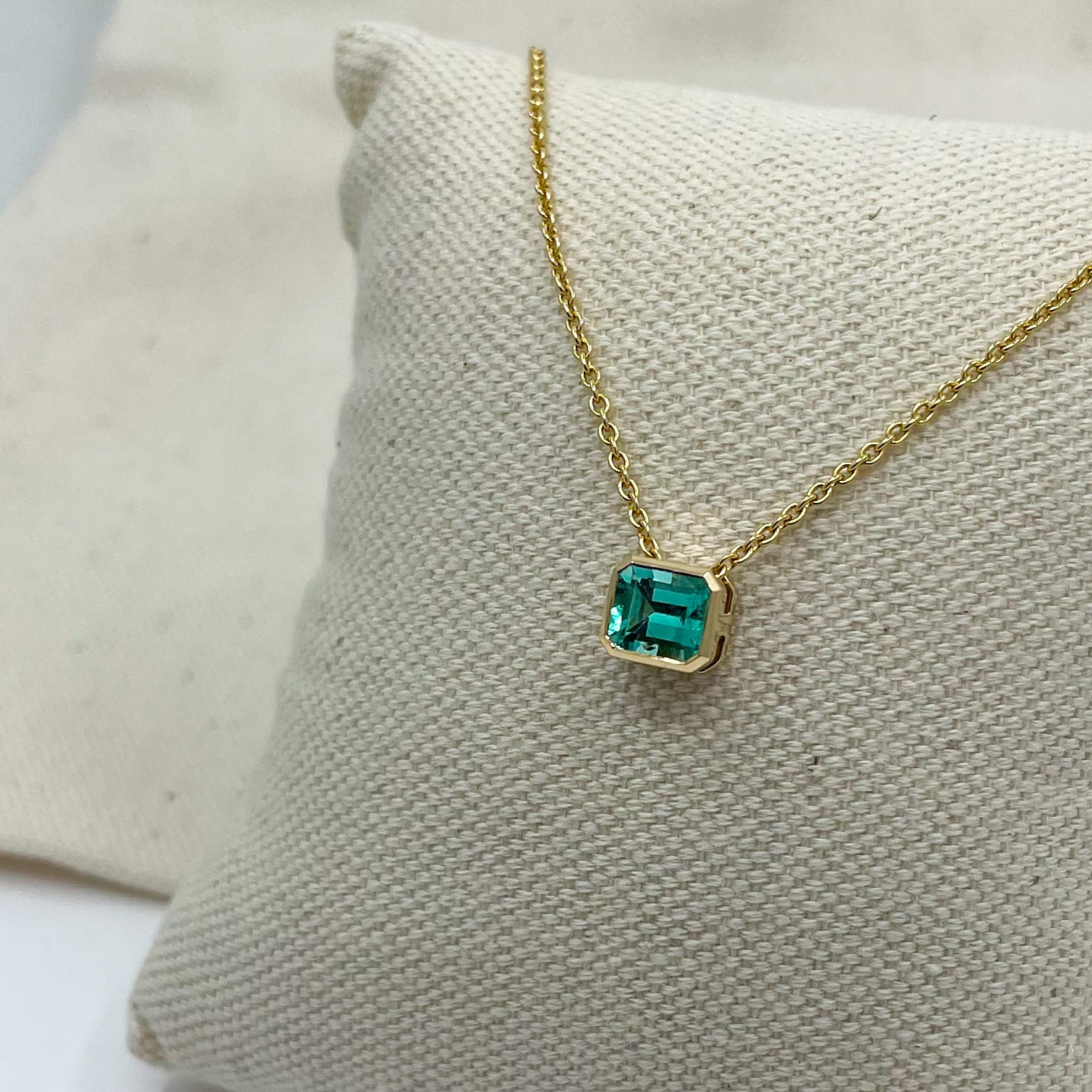Ethical Gemstones And How To Buy Them
When buying gemstones, it is important to know how to spot if they are ethical and what to look out for that may mean otherwise. At ANUKA, I am committed to providing complete transparency in my process; sourcing gemstones that I can trace back to their source, providing clients with this precious origin story with their jewellery.
Knowing how to buy precious stones can be quite an endeavour and we want to make the process as simple as possible for you. So here it is, your guide to buying gemstones, covering everything you need to know about ethical gemstones and where to source them.
Working with Provenance
I work with tech company Provenance, incorporating their block chain technology into my website and brand. Partnering with Provenance allows for complete transparency in our process, letting you know exactly how your jewellery is made, with each and every process presented for you to see. When working together on bespoke commissions you will always receive an origin card, stating all the details of your jewellery for complete assurance.
For example, I use gemstone suppliers Nineteen48 and Capricorn Gems who both have fully traceable supply chains. Nineteen48 own and work closely with artisanal mines in Sri Lanka and Tanzania that ensure responsible sourcing and environmental protection. Many of the stones sold by Nineteen48 are sourced from Crown Gems, a British-Sri Lankan joint venture engaged in responsible, artisanal gemstone mining and ethical gemstone dealing. Crown Gems has its own cutting facilities in Sri Lanka and employs miners and cutters with years of professional experience and a strong relationship with the company. Some suppliers, much like Nineteen48 also market the gems too, which is the ideal scenario. As the jeweller, I then source the gemstones that I require (usually when making bespoke commissions) and sell the finished product to you.












